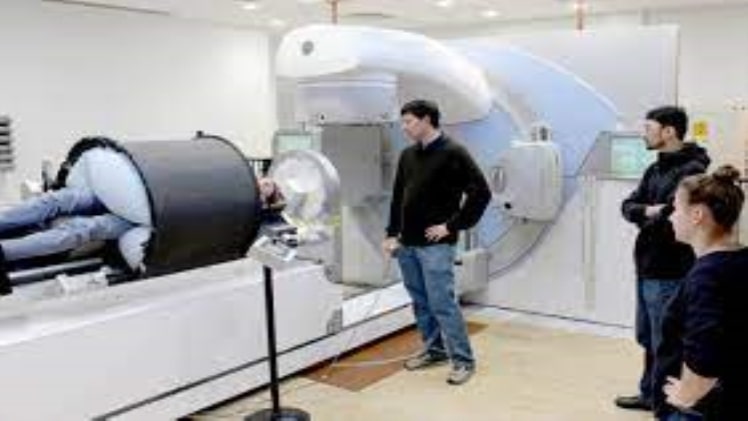The brain is a complex structure that controls all your psychological, physiological, and neurological abilities. However, when abnormal cells attack your brain, they can alter its normal functionality. This growth of abnormal cells can lead to brain tumors or cancer. It is important to note that not all brain tumors are cancerous. Some are benign tumors that grow slowly and rarely spread to other vital structures of your brain. On the contrary, cancerous brain tumors rapidly grow and spread to other healthy tissues of the brain and can be life-threatening if not treated. Learn more about malignant tumors, their causes, diagnosis, and treatments from a brain cancer Tempe specialist.
How Does Brain Cancer Develop?
Brain cancer develops when there is an abnormal growth of cells or mutations in your brain. Also, it can develop when other cancers in your body spread to your brain. This type of brain cancer is known as a secondary brain tumor. Cancers such as colon, lung, breast, and kidney cancers are all forms of secondary brain tumors. These cancers metastasize and attack healthy tissues and cells found in your brain.
What Are the Common Signs of Brain Cancer?
The severity of brain cancer might vary depending on its location, growth rate, size, and stage. Some benign brain tumors might not show symptoms since there is often no swelling on the vital tissues. However, cancerous tumors often cause some alarming signs in your body, such as dizziness, seizures, vomiting, persistent headaches, vision problems, difficulty walking, and loss of balance. These symptoms often get worse as brain cancer progresses.
Who Is at Risk of Developing Brain Cancer?
Your risk of developing brain cancer might increase as you age. Some studies also suggest that constantly being exposed to some forms of radiation might increase your risk of developing brain cancer.
Also, some chemicals from oil refining, rubber, and drug manufacturing can cause certain cancers that might spread to your brain. If you have a family history of brain cancer, you might be genetically predisposed to brain cell mutations that might cause cancer.
How Is Brain Cancer Diagnosed?
If you have a suspected brain tumor, your doctor might recommend several medical tests and imaging procedures, including a general physical examination to check your reflexes, muscle balance, and coordination. During the physical examination, your doctor might use an ophthalmoscope to view your optic nerve. This tool detects the pressure on your skull that might signify the presence of a brain tumor.
You might undergo a CT, MRI, magnetic resonance spectroscopy (MSC), and positron emission tomography (PET) scans for more conclusive results. These imaging procedures detect changes in your brain’s physical and chemical components.
Another effective diagnosis test includes lumbar puncture. This procedure involves collecting the cerebrospinal fluid using a needle which is then sent to the laboratory for further analysis.
How Is Brain Cancer Treated?
Your doctor can treat brain cancer through surgery and various therapies such as chemotherapy, radiation therapy, or a combination. Surgery is more effective since it removes the tumor and affected tissues. However, not all tumors can be removed since they might cause other life-threatening problems. Those that cannot be removed require chemotherapy or radiation therapy to slow down their growth.
Brain cancer is a serious condition that might be life-threatening if left untreated. Therefore, it is best not to ignore any unusual symptoms by seeking treatment from Arizona Center for Cancer Care. Your brain cancer symptoms will automatically improve through various surgical, medical and radiation therapies. Call the offices today or request an appointment for a thorough diagnosis and suitable treatment options.

